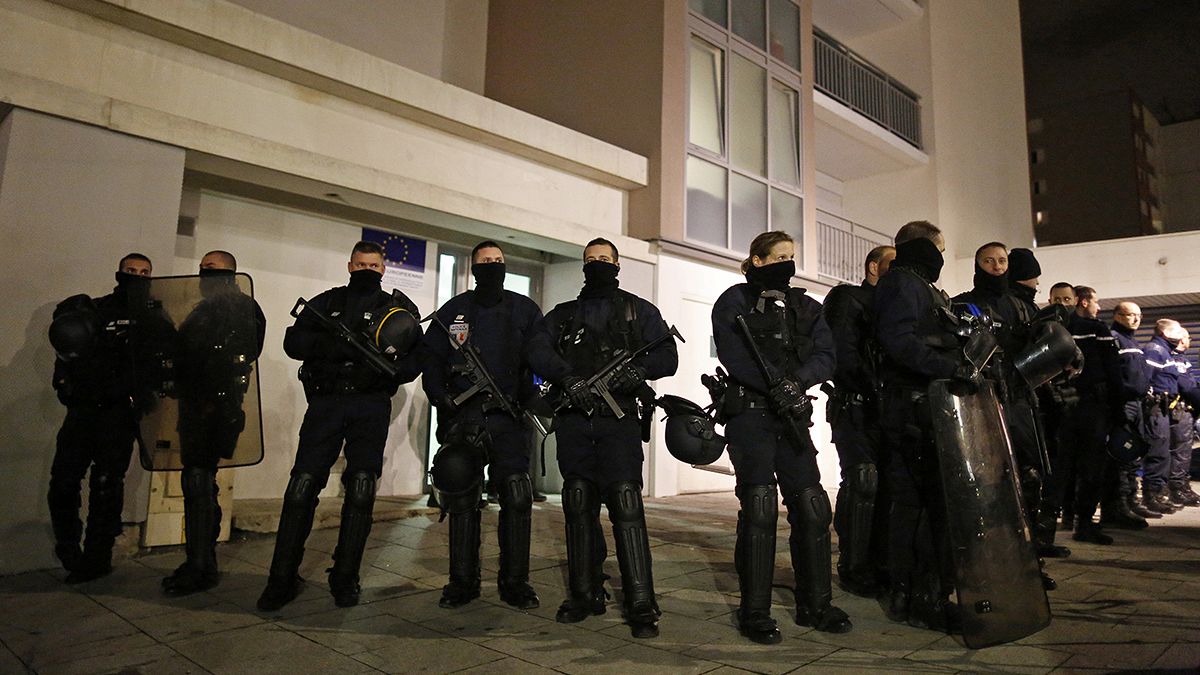The Charlie Hebdo massacre has raised a number of questions in France pertaining not so much as to the why but as to the how ; how could such an
The Charlie Hebdo massacre has raised a number of questions in France pertaining not so much as to the why but as to the how ; how could such an attack have taken place, and how was it that it was not stopped?
As the killers were known to the police why were they not more closely monitored? Beyond any typical security service failings, where one agency does not inform another and opportunities are lost, the French are currently facing a wave of French-born Muslims turned Islamic militants returning from places like Syria and Iraq, where they have gained combat experience and military techniques. There are simply too many of them returning home for the security services to keep tabs on them all. However, the fact the Kouachi brothers were on US and UK no-fly lists suggests that at least Washington and London thought they were high-priority suspects. So why not Paris? That may be because, as often in the past, the French like to “turn” terrorists to do their bidding. The Kouachis may have been candidates for such treatment, but no-one in Paris is ever likely to admit that, even if it is a legitimate form of counter-espionage. Not now.
Charlie Hebdo had been attacked several times by various groups including the French far-right before, so why was it not better protected? Part of this may be due to the fact that some of the staff at Charlie were not keen on having police stationed outside, and also because the magazine had few friends in the establishment who were prepared to treat the threats seriously.
It may also be explained by the fact that reportedly the magazine was on its last legs financially and may have been due to close by the end of the year. The thinking may have been why attack a failing paper with a declining readership?
Others are asking how were the suspects able to evade capture for so long after the first attack? Answering that question appears simple. An estimated 15 to 25% of France’s Muslims are thought to be radicalised to a greater or lesser degree, providing a potential network of hundreds of thousands of sympathisers able to offer logistical aid, shelter, or other forms of support. This may be within one of the many suburban areas on the outskirts of France’s big cities which have become virtual “no-go” areas for the police and authorities, and where anything goes, far from the eyes of the state.
Many people are puzzled by the fact it took so long to connect the attack at Montrouge with the Charlie Hebdo shootings. This may be because the French authorities are playing catch-up with the militant’s tactics, which are increasingly sophisticated and military in their conception and execution. The Montrouge killer, who eventually perished at the Kosher supermarket after having killed four more people, was attempting to draw police attention away from the Charlie killers to ease their escape using classic diversionary tactics. It now appears he may have shot a jogger beforehand, who may have surprised him while he was using an archery butt in a nearby park for target practise.
A fourth person implicated in the attacks has slipped the police net and her current whereabouts are unknown. The Turks say Hayat Boumeddiene was in Turkey at the time of the attacks, and crossed into Syria before them. This raises another question – why does France let so many people out of the country with suspect profiles heading to suspect destinations? This may be because the French authorities calculate it is better for them to cause mayhem abroad, where they might be killed anyway, rather than keep them in France, where they might cause problems on home soil.
The sight of men armed with kalashnikovs running around the streets of Paris has also led many to ask how did they get hold of military weapons in a country where firearms are strictly regulated? Military-grade weapons started coming into France during the Bosnian war, and with the mushrooming of conflicts in North Africa and the Middle East there is a glut of them on the market. We are told it would have been relatively easy for them to obtain weapons smuggled in, although for anyone who travels often and is subject to exhaustive checks that seems far-fetched. Questions may be directed at the authorities in the port of Marseille, a European entry point which has struggled to control the influence of organised crime and corruption for decades.
